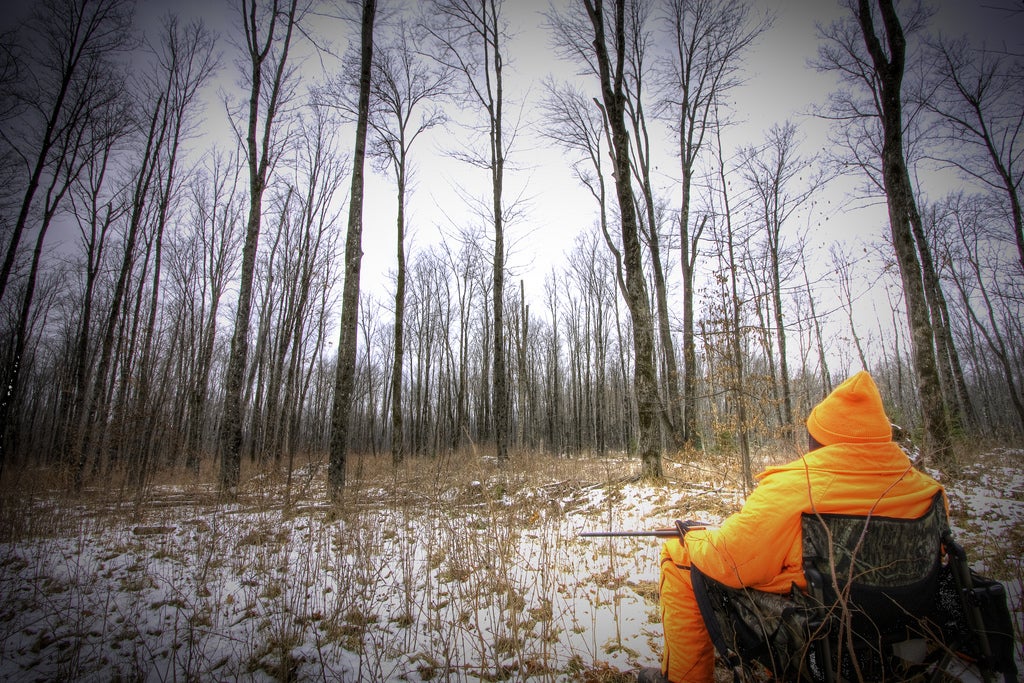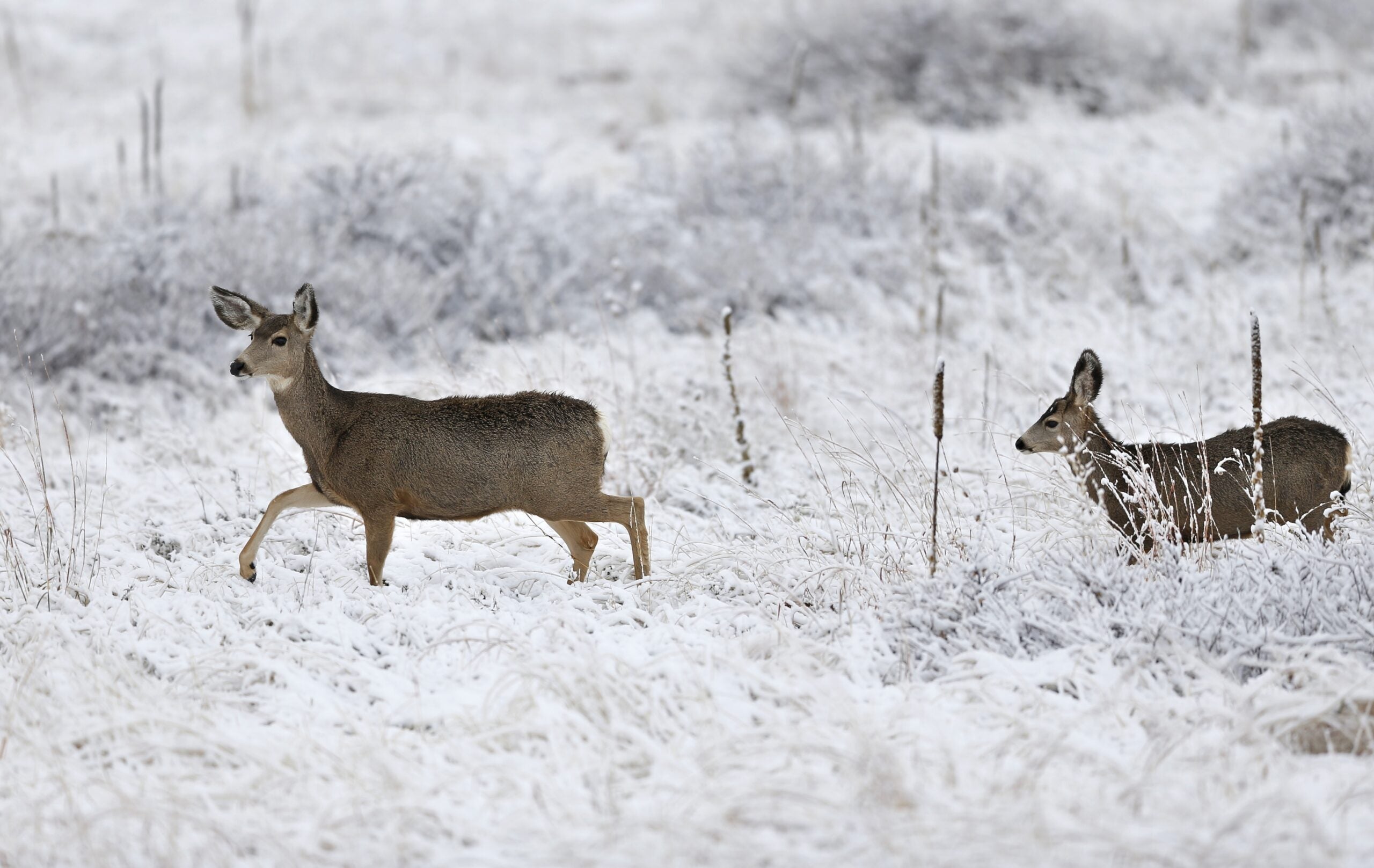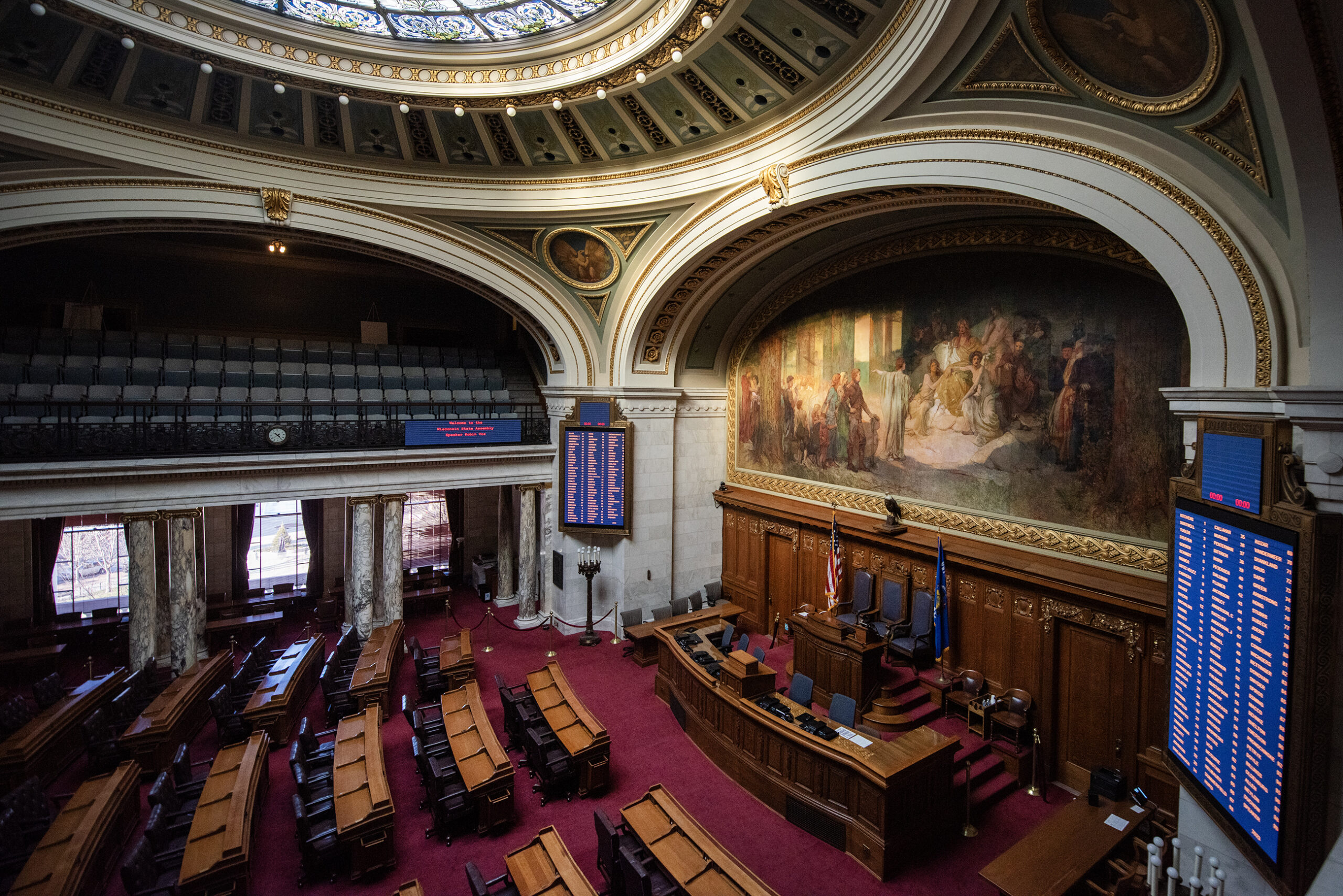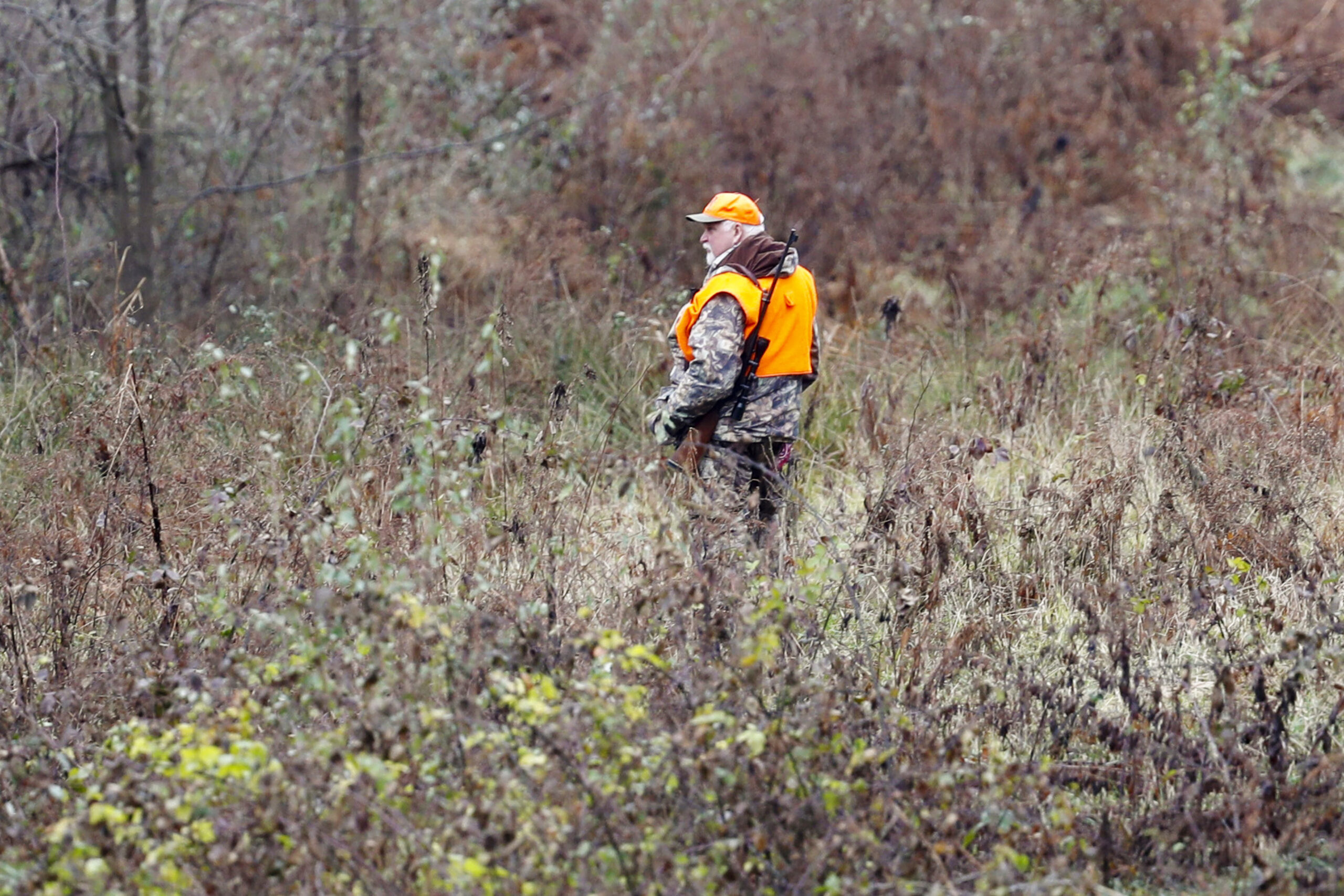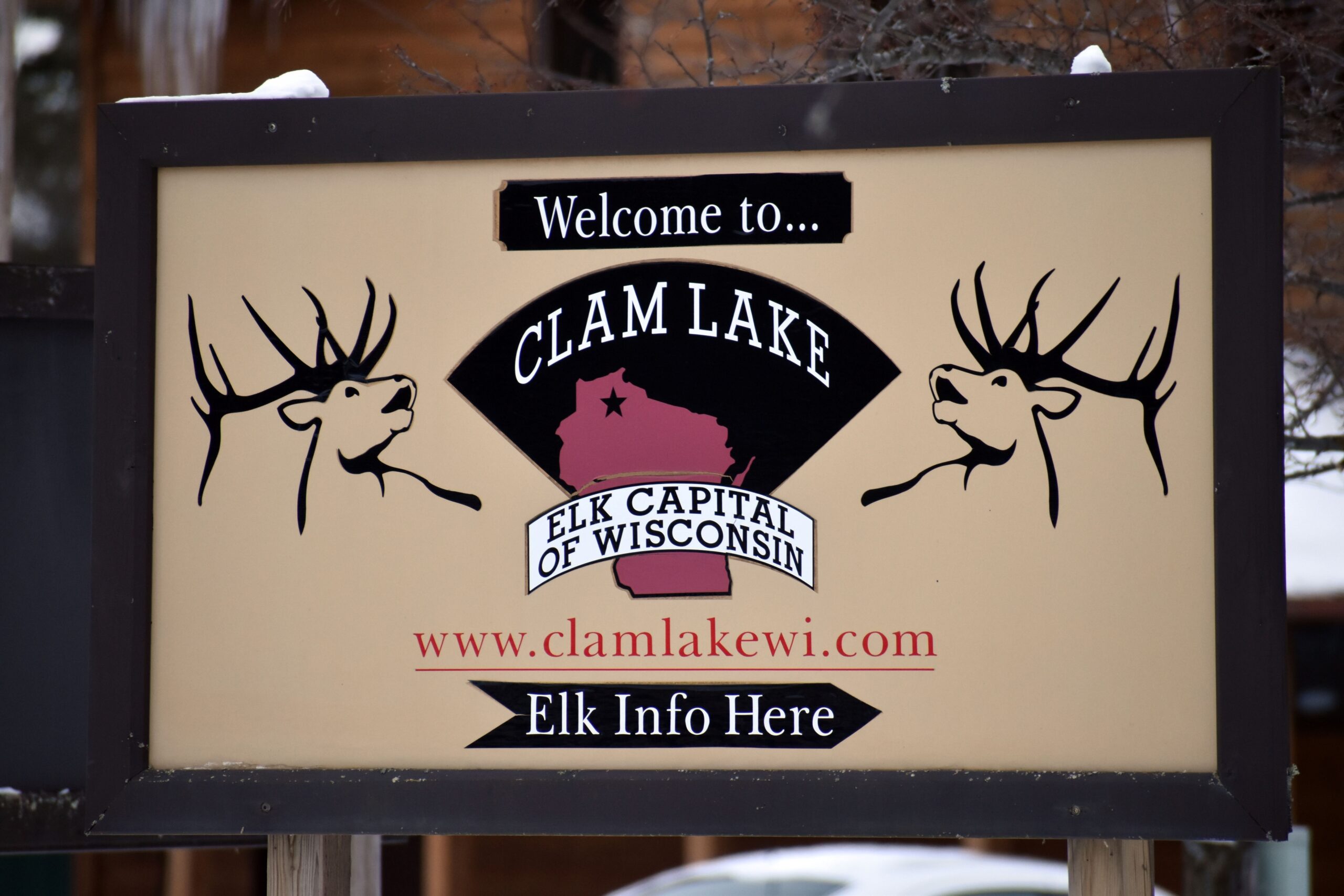Why hunt? The Aldo Leopold Foundation posed the question in their recently released handbook, “Why Hunt? A Guide for Lovers of Nature, Local Food, and Outdoor Recreation.” We explore the question further and catch up on the state of hunting.
Featured in this Show
-
Conservationists Highlight Importance Of Hunting In New Handbook
Emily Iehl was gliding down a peaceful river in the middle of the night, just listening to the water slide by the canoe when she heard a huge slap on the water.
“It scared me out of my wits because I had no idea what would be out there in the middle of the night,” she said. “And it turned out that it was a beaver flapping its tail on the water right in front of our canoe.”
Iehl, who is the R3 —recruitment, retention, and reactivation— and shooting sports program specialist for the Wisconsin Department of Natural Resources, said the experience was like a dream, and not something she would have experienced if she hadn’t been on a hunting trip with her husband.
“You go out there day after day after day — not at any specific time — that gives you a sense of just beauty in the world,” she said. “But it’s the whole experience, the things that I experienced were amazing, for lack of a better word.”
Hunting has a long tradition in Wisconsin, and it’s not just about pursuing animals, for many it’s more about being out in nature and feeling a connection to the land. Though urbanization is on the rise and hunting is on the decline, it continues to play a strong role in conservation and management of the land.
With that decline in participation — down about 50 percent from 50 years ago — there are concerns among wildlife advocates that conservation efforts, which rely on funding from gun taxes and license fees, will suffer.
Yet Buddy Huffaker, executive director of the Aldo Leopold Foundation, sees an opportunity to remind people how important hunting can be in building connections between people and the land.
The Aldo Leopold Foundation recently released a new handbook, “Why Hunt? A Guide for Lovers of Nature, Local Food, and Outdoor Recreation,” which offers a guide to hunting through the lens of conservation.
“We recognized that there is this kind of increased interest and attention in the environment and want to make sure people understood the kind of economic, ecological and social benefits and values associated with hunting,” he said.
Hunting is the single-biggest economic driver for conservation in terms of land protection and wildlife management, Huffaker said. And not just the hunters benefit, those funds go toward restoring non-game populations and wildlife habitats.
“The estimated economic impact of hunting is about $26 billion a year, which makes it a bigger activity — as a corporation if you could add it all up — than McDonald’s,” he said.
Hunting today looks very different than it did prior to the turn of the 20th century. It is heavily regulated and scientific, and considerate to the health of wildlife populations, Huffaker said.
Take the whitetail deer. Huffaker says many wildlife biologists agree there are too many whitetail deer in Wisconsin. For humans that means more car collisions and more health issues like Lyme disease. For the deer, they are overcrowded and more prone to chronic wasting disease.
“That doesn’t even address the impacts that too many deer have on the landscape in terms of eating the wild flowers and stopping tree regeneration,” he said. “Hunting at this point really is the only vehicle we have to manage the whitetail deer population.”
Part of what keeps people who may be interested in hunting away is the negative and unethical stories that can surround it, Huffaker said. He thinks that’s understandable, and considering the drop in participation, something the community needs to figure out.
“It’s an issue that the hunting community maybe hasn’t been as thoughtful about,” he said. “It needs to do a better job of kind of communicating the positive values and the ways you address and mitigate those concerns.”
Hunting is growing among one group, women, but not enough to make up for the loss of male hunters, Iehl said.
Both Huffaker and Iehl are aware of the lack of diversity, and hope that the guidebook will help make hunting feel more accessible to those who didn’t grow up around it.
Episode Credits
- Michael Dieringer Producer
- Chris Malina Producer
- Michael Dieringer Technical Director
- Emily Iehl Guest
- Buddy Huffaker Guest
- Carrie Kaufman Host
Wisconsin Public Radio, © Copyright 2024, Board of Regents of the University of Wisconsin System and Wisconsin Educational Communications Board.

